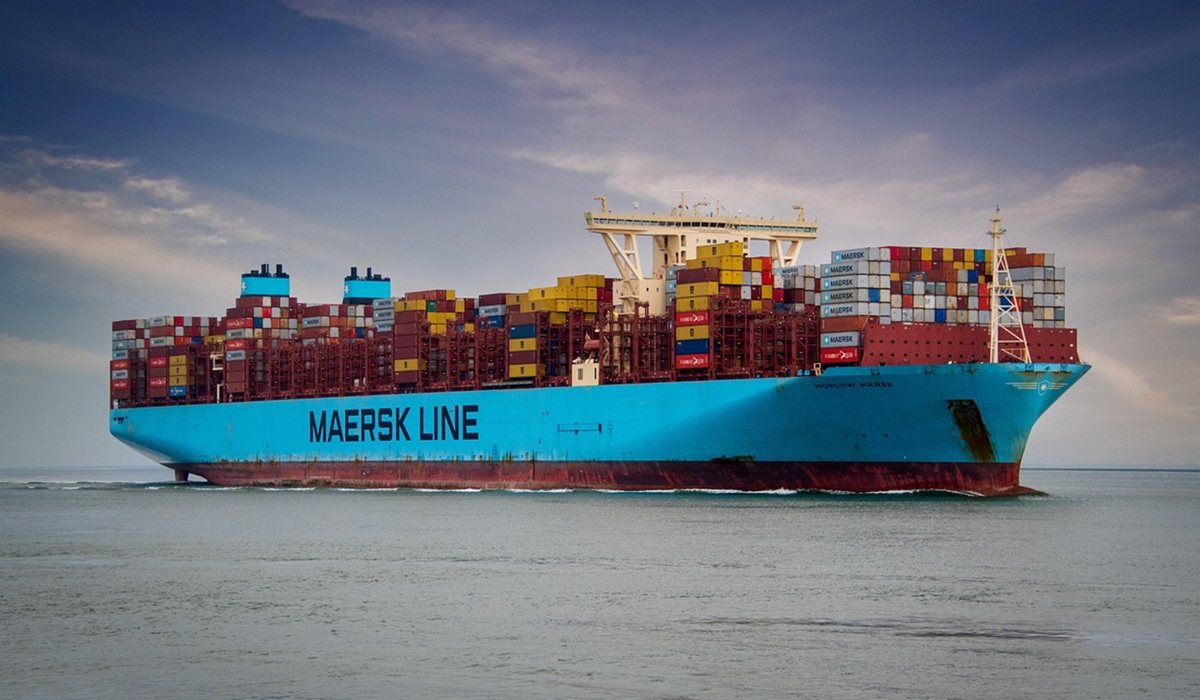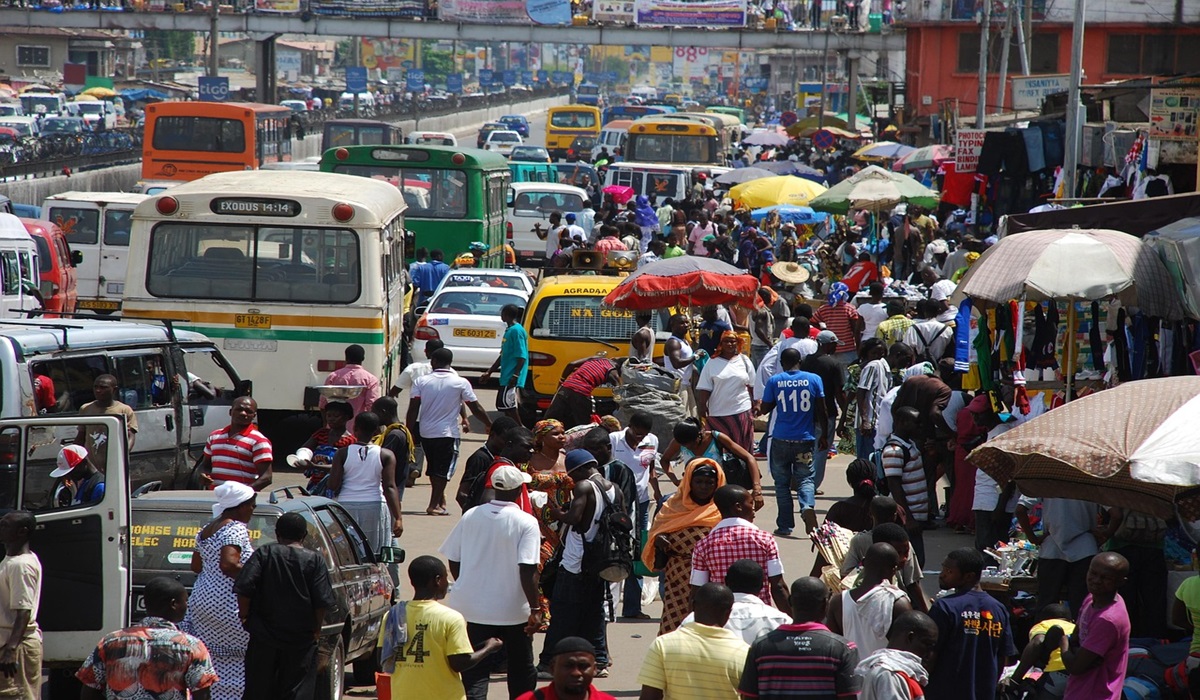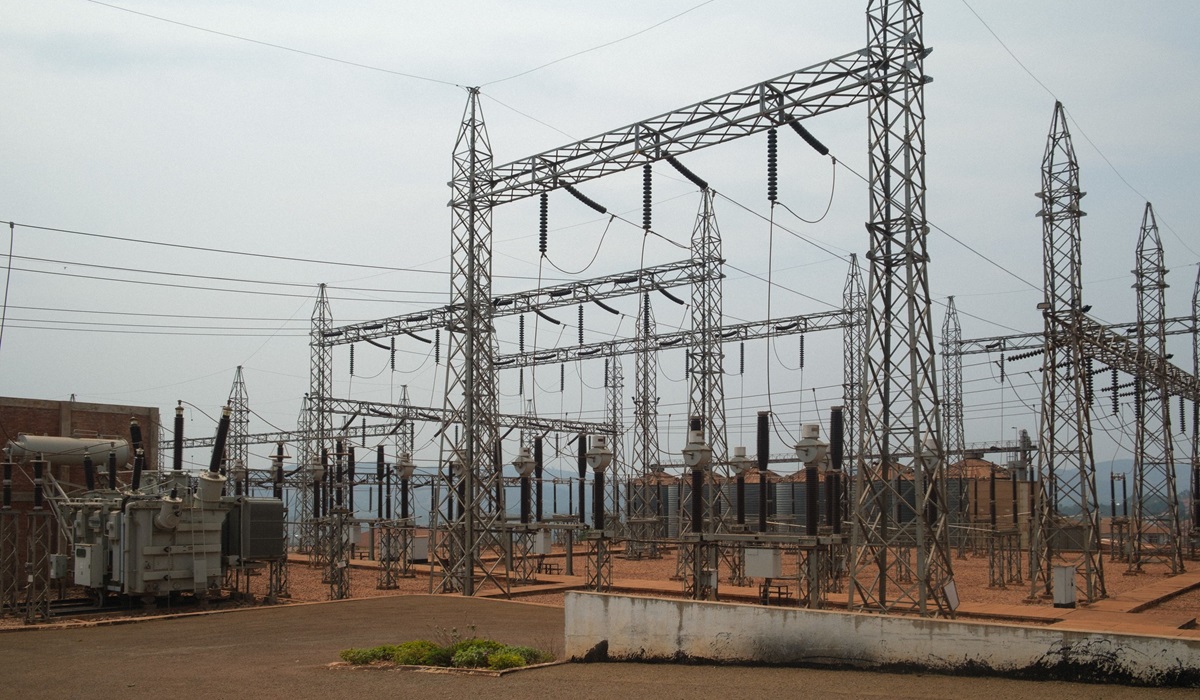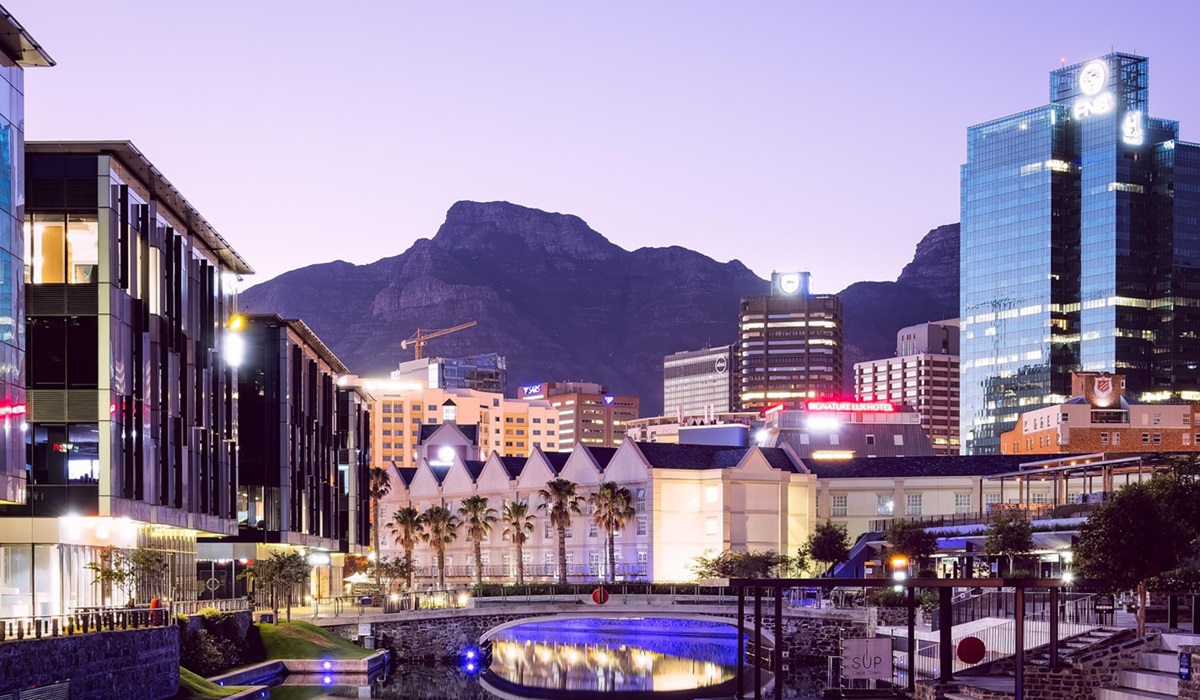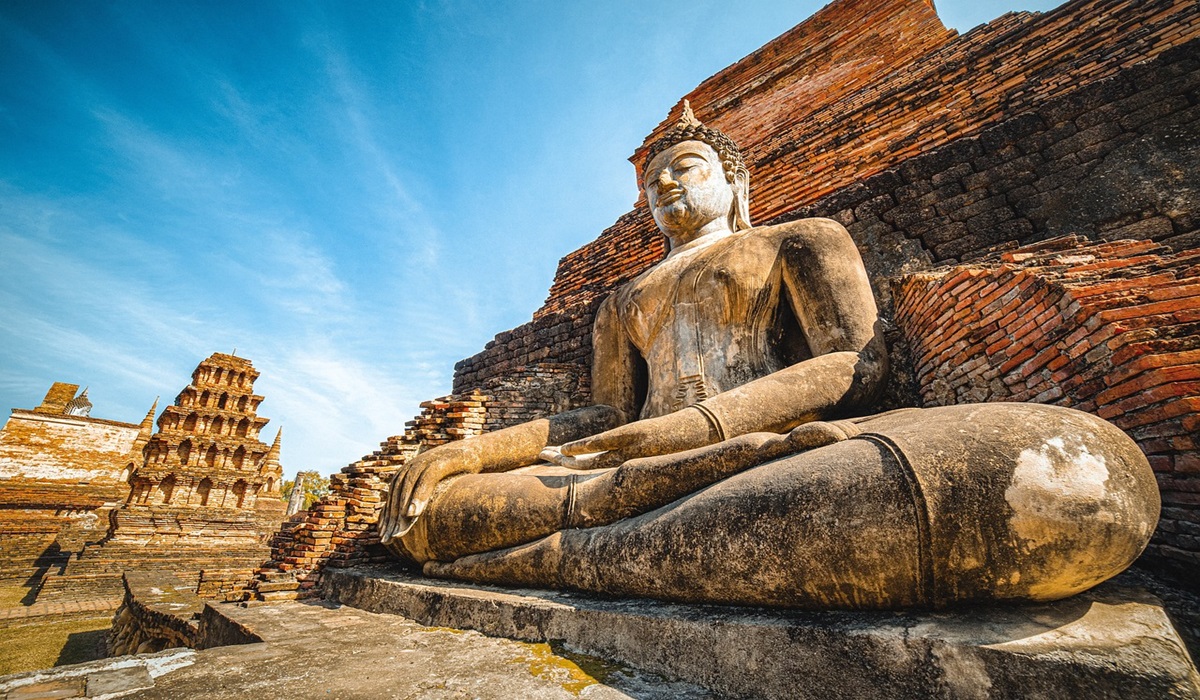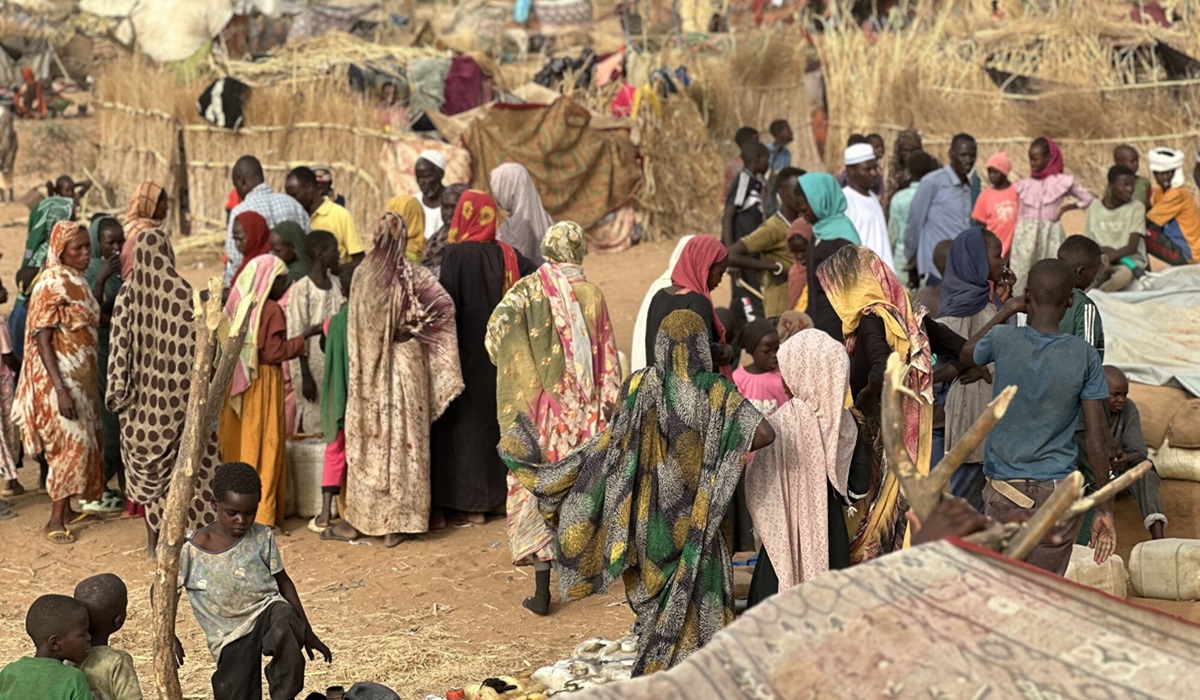Morocco Cancels Eid Al-Adha Sacrifices as Drought Devastates Sheep Herds
- Ingrid Jones
- Africa
- March 6, 2025
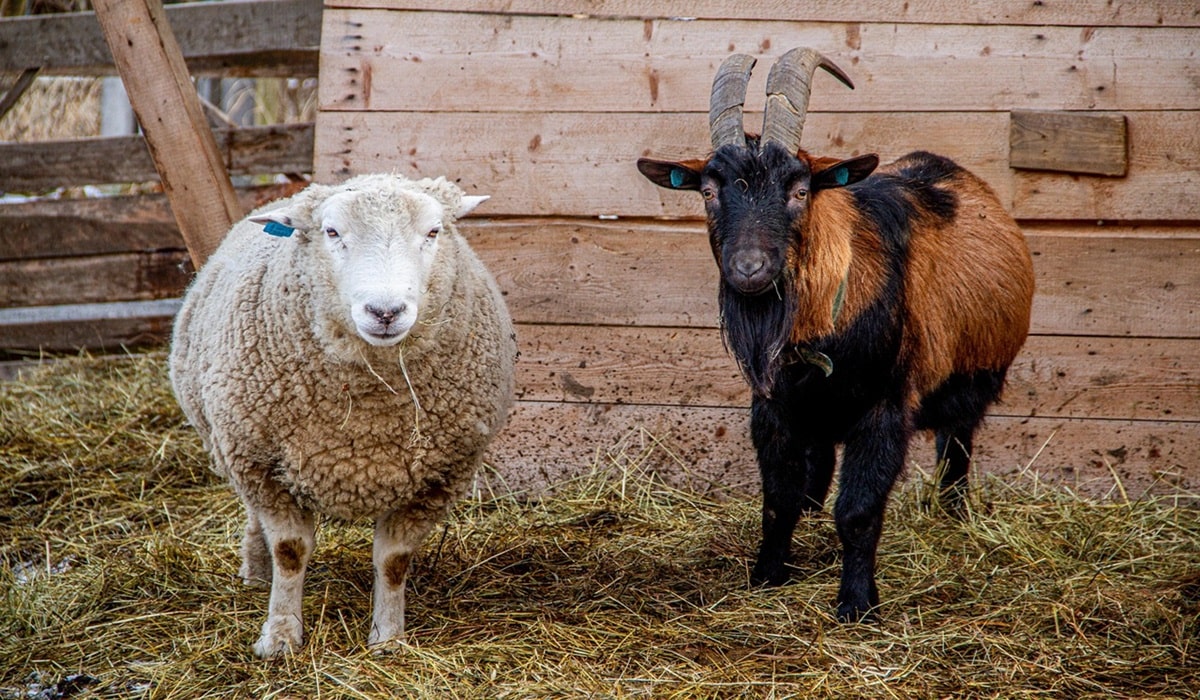
Image Credit, Lucy_nature_lover
King Mohammed VI has urged Moroccans to refrain from slaughtering sheep for Eid Al-Adha this year due to the ongoing drought that has severely impacted livestock herds. The decision, announced four months ahead of the holiday, marks only the fourth time in Morocco’s history that the feast of sacrifice has been canceled. The previous cancellations occurred in 1963 due to war and in 1981 and 1996 due to prolonged droughts.
The North African nation has faced six consecutive years of drought, leading to dwindling cattle populations and skyrocketing sheep prices. Butchers and livestock farmers have struggled to keep up with the economic strain, with many unable to afford the high cost of sheep. Ali Besbes, a Moroccan butcher, described the King’s announcement as a necessary step, though he emphasized the need for government assistance to compensate sheep farmers for their losses.
Social scientists and economists have supported the decision, pointing to the economic and social consequences of celebrating Eid Al-Adha in such conditions. Oubeida Alharas, a Moroccan social scientist, noted that consumers and farmers alike had anticipated the move, acknowledging that the drought had left many with limited options.
For millions of Moroccans earning the minimum wage of around $300 a month, the cost of a sacrificial sheep has become an overwhelming burden. Last year, the price of domestic sheep exceeded the monthly earnings of many households, making the tradition increasingly unaffordable. Kenza Hessini, a resident of Rabat, welcomed the cancellation, describing it as a “heart-warming decision” that relieves financial pressure on middle- and lower-class families. Othman Aziz, another Rabat resident, expressed optimism that skipping this year’s celebration would help preserve sheep herds for the future, ensuring that next year’s festivities would be more sustainable.
In response to the shrinking herds, Morocco has increasingly turned to importing livestock from countries like Romania and Australia. However, imported meat remains a controversial issue among Moroccan consumers, many of whom worry about the quality and authenticity of foreign-sourced products.
As Morocco grapples with the realities of climate change and persistent drought, the King’s decision highlights the difficult balance between tradition and economic survival. For many Moroccans, the cancellation of Eid Al-Adha is not just a religious matter but a reflection of the broader hardships facing the country’s agricultural sector.

